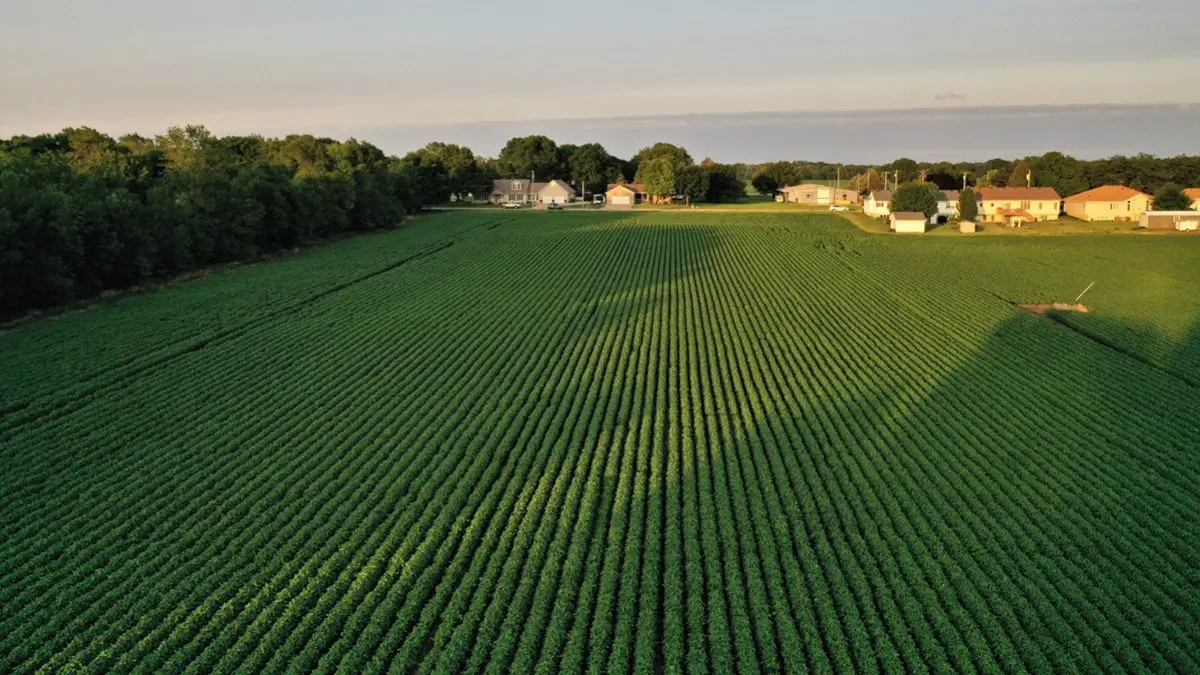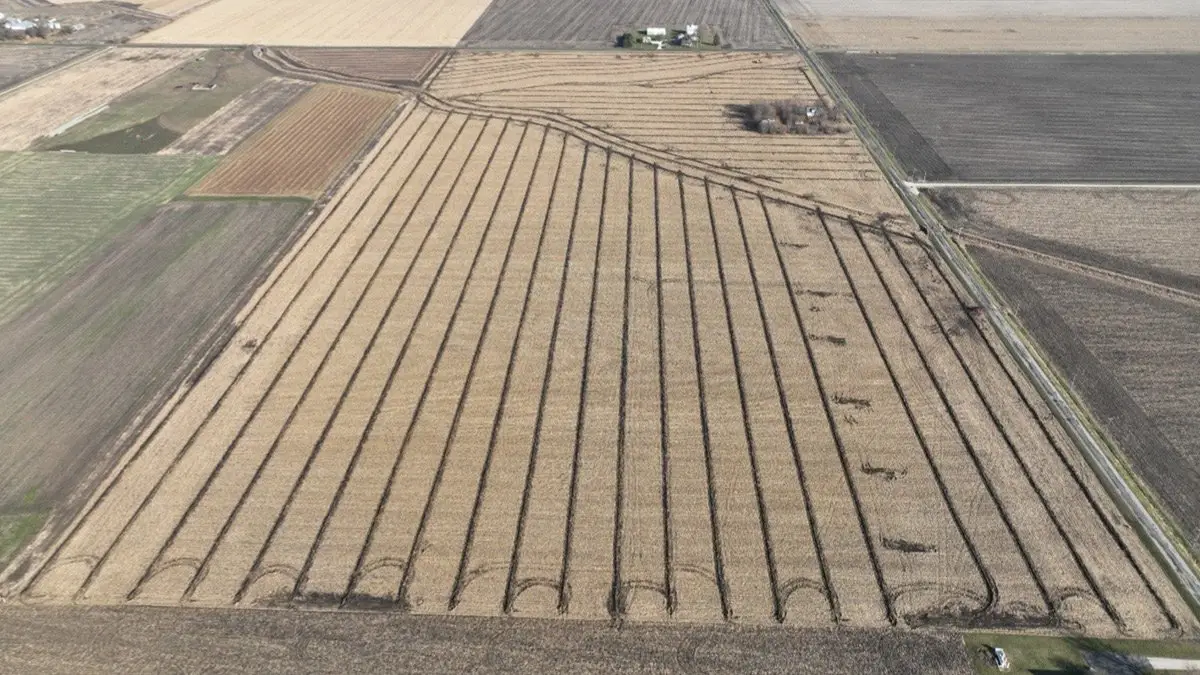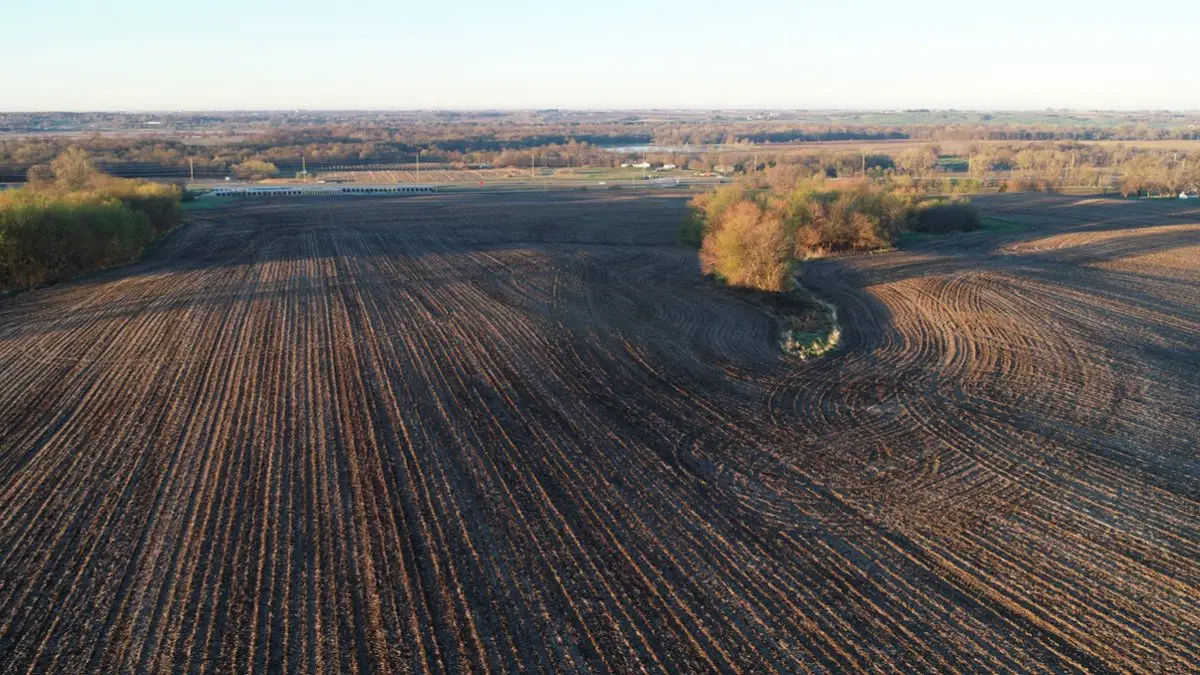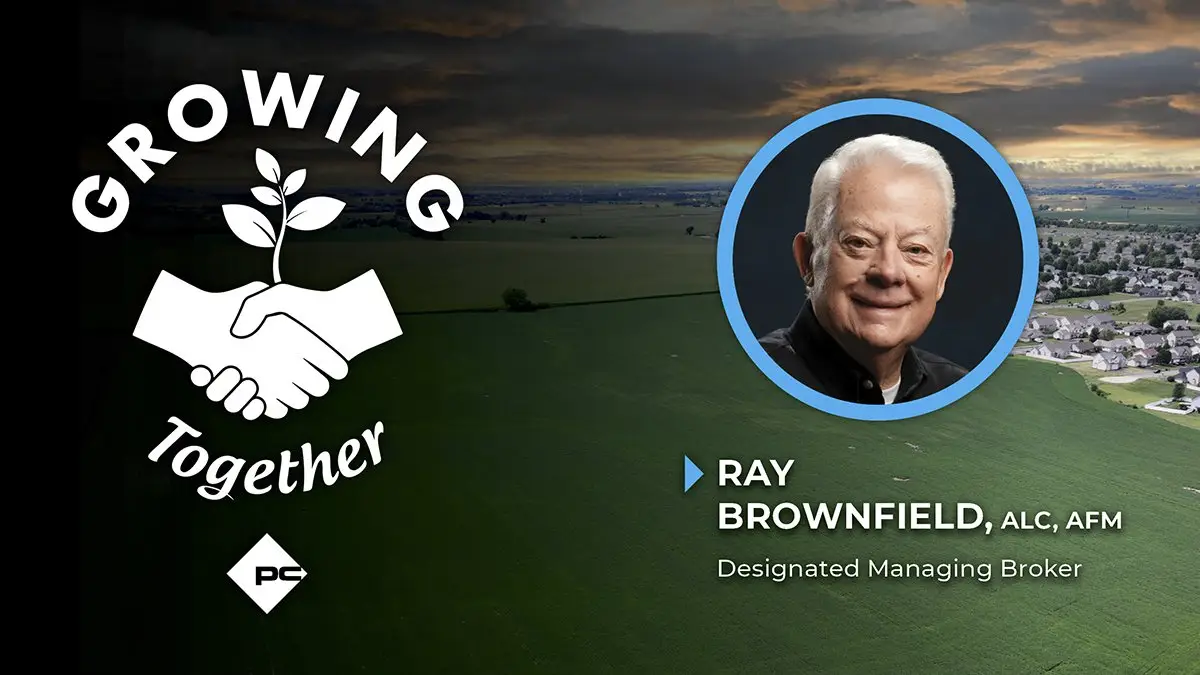Introduction
Since the mid-2000s, there has been an increasing interest in farmland as an investment asset among institutional style investors. This trend is expected to continue well into the future as the number of investors seeking the characteristics of farmland increases. Such investors view farmland as an alternative investment class with attractive attributes that are not easily found in public equities, fixed income assets, or other private investment alternatives such as commercial real estate, residential real estate, and private equity funds. Farmland is considered part of the broader real asset investment category that also includes timberland and infrastructure – two other asset classes that underwent financialization in past decades.
Simply put, financialization of an asset class is the shift from owners who primarily view the asset as a strategic or social good to owners who are mainly driven by financial returns. Nonetheless, many of these institutional farmland investors face pressure from their stakeholders and broader society to prioritize the social objectives of farmland ownership. Therefore, their investment strategies typically emphasize social factors such as sustainable agricultural production as well as healthier and more transparent food supply alongside financial objectives. As discussed below, Alternative Equity Advisors (AEA) believes financial and social objectives are mutually beneficial, with each one enhancing the other.
Why and Who
Driving the financialization of farmland is an increasingly older population of existing landowners and the attractive investment characteristics of farmland relative to other investment options. According to the USDA, 60% of farmland is owner-operated and 62% of principal operators are over 54 years old while 33% are older than 64 1. As these owner-operators retire, they may seek liquidity in their farmland assets. In fact, according to American Farmland Trust, 40% of agricultural land in the U.S. (equivalent to approximately 360 million acres) will transition to new owners in the next 15 years. Coinciding with that trend and due to a high degree of volatility in other asset classes, particularly in times of extreme economic uncertainty, investors are seeking the investment characteristics that farmland offers. The appealing investment features of farmland are: security of principal invested, low volatility of returns, strong underlying drivers regarding food demand, the critical role of U.S. farmland in global food supply, low to negative correlation with other asset classes, and positive correlation with inflation.
Financial investors focused on farmland include professionally managed funds and publicly traded real estate investment trusts (REITs) dedicated to farmland investments. Insurance companies, public and private pension funds, foundations, and endowments are also seeking farmland investments, with most of these investors doing so through professionally managed funds. However, some of the larger pension funds, insurance companies, and endowments have dedicated teams focused on making direct investments in farmland. Similarly, single-family and multi-family offices often seek direct investments. Investors who buy farmland directly and not through investment funds typically do so to have more control over asset acquisition and how the farms are managed.
Potential Impacts
While there may be societal concerns about the effect of financialization on farmers, there are several potential benefits. Institutions bring additional liquidity to the farmland market for current owners seeking to monetize their landholdings. In addition, farmers who lack the financial capacity to invest in farm improvements such as irrigation upgrades, storage, and packaging facilities for example, can benefit from sale-leaseback transactions with investors who can provide the additional capital for improvements. Finally, most financial investors lack the operating resources and expertise and typically partner with farmers under lease arrangements or partnerships, thereby allowing farmers to invest in operational expansion without the substantial capital outlay for land acquisition.
In their quest for increasing returns, financial investors have the capital to put towards improving farm productivity and increasing efficiencies. For example, they can invest in new technologies, soil health, alternative crops, and various capital improvements. In the bigger picture, this approach is essential for U.S. farms to continue to increase production at competitive costs.
Financial investors also place greater emphasis on capital structure efficiency. With total farmland debt in the U.S. equal to just 13.9% of the total $3.2 trillion value of farmland 2, there is room to employ debt capital more efficiently and reduce the capital cost component of agricultural production.
Lastly, as downstream customers and consumers increasingly demand more sustainable agricultural production as well as a healthier and more transparent food supply, financial investors are motivated to manage farmland investments in a socially responsible manner. This is critical for farmland to even remain eligible to participate in the food supply chain. So, farmland management strategies that follow sustainable production standards such as Leading Harvest or invest in regenerative organic production systems are becoming increasingly important. Socially responsible strategies can create the potential for stronger asset appreciation relative to farms that do not implement these practices. Because of this, investors realize that socially responsible investment is not only the right thing to do but also can enhance financial returns. This is the philosophy that Peoples Company and Alternative Equity Advisors apply when developing investment strategies and managing farmland assets for investor clients.
Conclusion
Overall, financialization has the potential to improve agriculture by providing the capital that is needed to raise productivity, adapt new technologies, increase operational efficiencies, and create a healthier and more sustainable food supply chain. One of the primary challenges is creating symbiotic relationships between investors and farmers that not only deliver premium returns to the former but also provide flexibility and resources to farmers so they can achieve financial success even during those difficult crop years and distressed economic times.
Alternative Equity Advisors, a Peoples Company affiliate, works with investors who seek direct ownership of farmland. AEA provides a full range of investment services, including strategy and portfolio design, asset due diligence and acquisition, and land management. Our underlying philosophy is that premium returns come not only from making farmland more productive but also from socially responsible land management. By aligning farmers' and investors' interests, the risk and rewards of agriculture can be shared to make an exceptional investment with a characteristic set not currently found in the market.
1 USDA NASS 2017 Census of Agriculture
2 TIAA Center for Farmland Research, University of Illinois; and National Council of Real Estate Investment Fiduciaries







